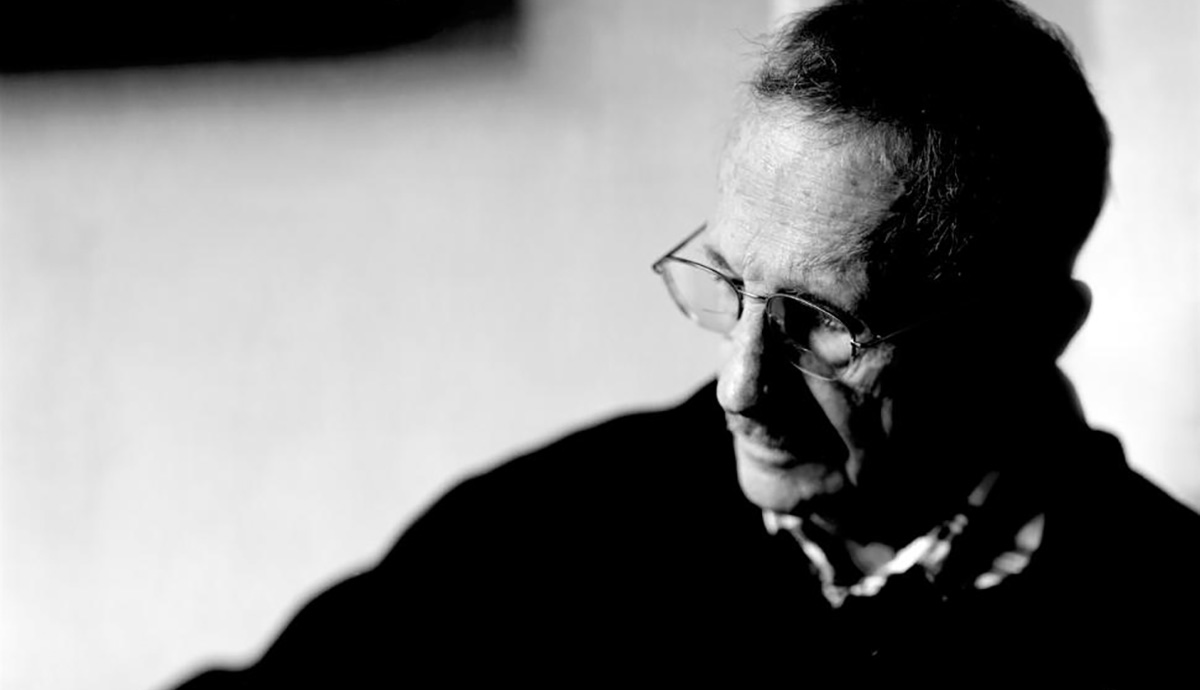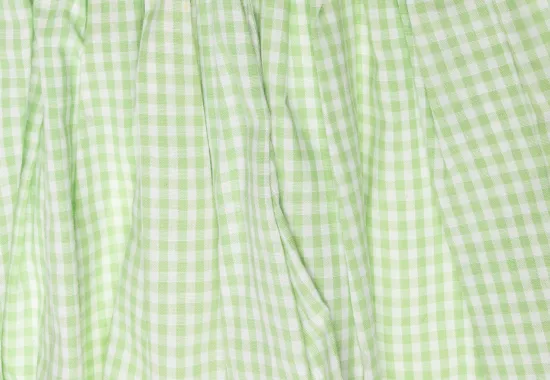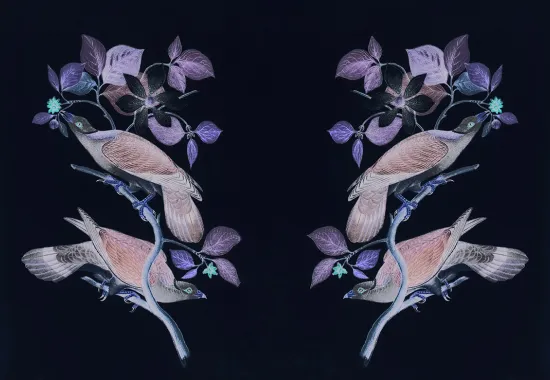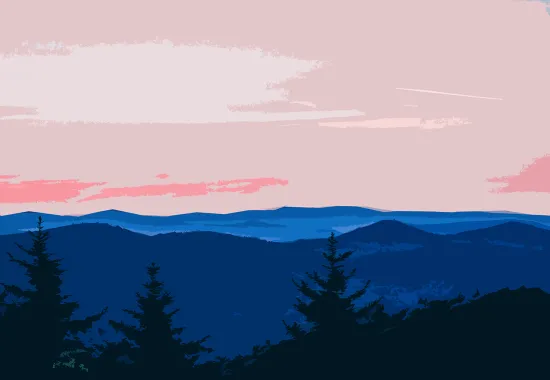Philip Levine in NAR | “A New Day” and “Possession”
By the time the reborn North American Review celebrated its first anniversary with the publication of the Spring, 1965 issue, Philip Levine was a regular contributor. The issue included two of Levine’s poems, with the first of them, “A New Day,” occupying pride of place as the first piece in the magazine, after managing editor Bernard E. Richardson’s introductory notes.
Both “A New Day” and “Possession” would appear, without revision, in Levine’s 1968 volume, Not This Pig, and both articulate a demythologized vision of America which “had been free land ... but now it was yours” and in which “what we get is what we bring” with “no fresh start and no bird song.”
Photo by by Geoffrey Berliner
Philip Levine
A New Day
The headlights fading out at dawn,
A stranger at the shore, the shore
Not wakening to the great sea
Out of sleep, and night, and no sun
Rising where it rose before.
The old champion in a sweat suit
Tells me this is Chicago, this–
He does not say– is not the sea
But the chopped grey lake you get to
After travelling all night
From Dubuque, Cairo, or Wyandotte.
He takes off at a slow trot.
And the fat slides under his shirt.
I recall the Friday night
In a beer garden in Detroit
I saw him flatten Ezzard Charles
On TV, and weep, and raise
Both gloved hands in a slow salute
To a God. I could tell him that.
I could tell him that those good days
Were no more and no less than these.
I could tell him that I thought
By now I must have reached the sea
We read about, or that last night
I saw a man break down and cry
Out of luck and out of gas
In Bruce’s Crossing. We collect
Here at the shore, the two of us.
To make a pact, a people come
For a new world and a new home,
And what we get is what we bring:
A grey light coming on at dawn,
No fresh start and no bird song
And no sea and no shore
That someone hasn't seen before.
Philip Levine
Possession
They thought they could go back
to find the same marked squirrels
nesting in the walnut trees
and that there would be some work
to do, something useful
and hard, and that they might please
their own need to be doing.
You know what they found? They found
themselves standing in your yard
awed by the gladiolus
and the absence of something
they knew. This had been free land,
they said,
but now it was yours who went in to call the law.
Courtesy of Wesleyan University Press
Recommended
The Shirt
After Hearing David Rothenberg Sang with Birds
Frothing Pink Poodle Droppings





